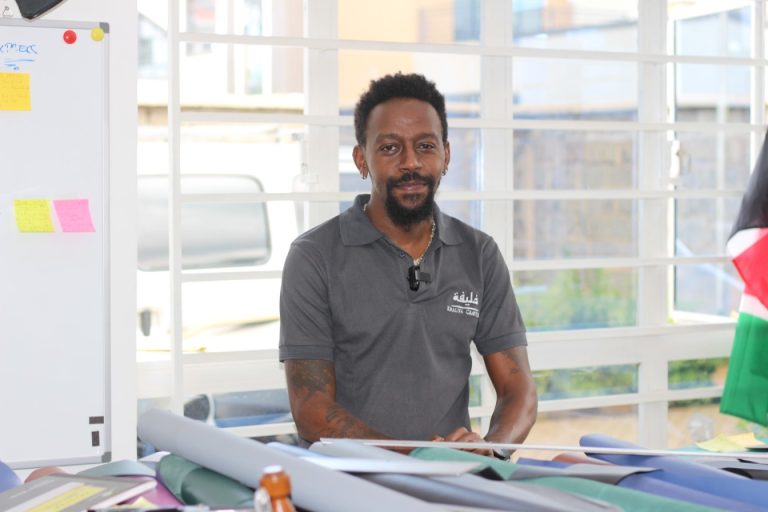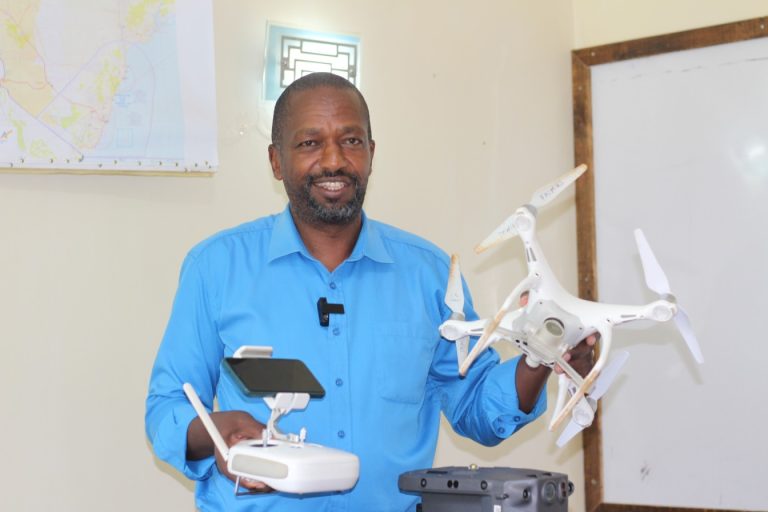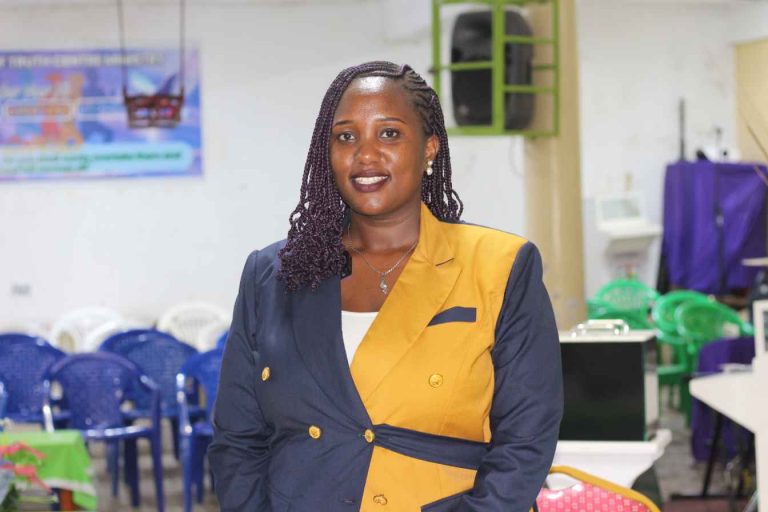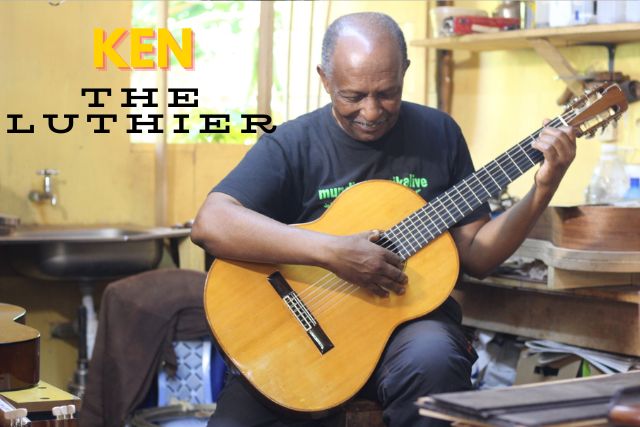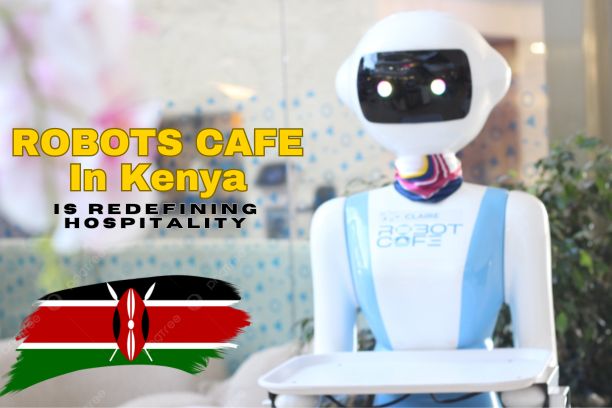Ladan Khalifa, CEO and founder of Khalifa Crafted, the Kenyan craftsman who turned passion...
Stories
Inside Kenya’s Drone Revolution with Alex Mugane Wanjai of Customized Aviation Solutions, a company...
The Rise of CEO Elizabeth Thuo and UshPro Excellence Solutions, Elevating Excellence in the...
When Adewura Eleboda first landed in Kenya in 2016, she carried more than luggage.She...
From Mango Waste to Millions: How Faith Mumo Built Iviani Farm Into a Value-Added...
From Boeing Engineer to Logistics Entrepreneur, The Inspiring Journey of Charles Thuo and Apexloads...
In the heart of Kikuyu, Kenya, we meet a dedicated luthier who has spent...
Nestled in the heart of Nairobi, Robot Café is revolutionizing the hospitality industry by...
Starting a business often comes with challenges, but for Maimuna Alid, founder of Peak...
Foremen shoes: In the heart of Nairobi, nestled within the vibrant business district of...
